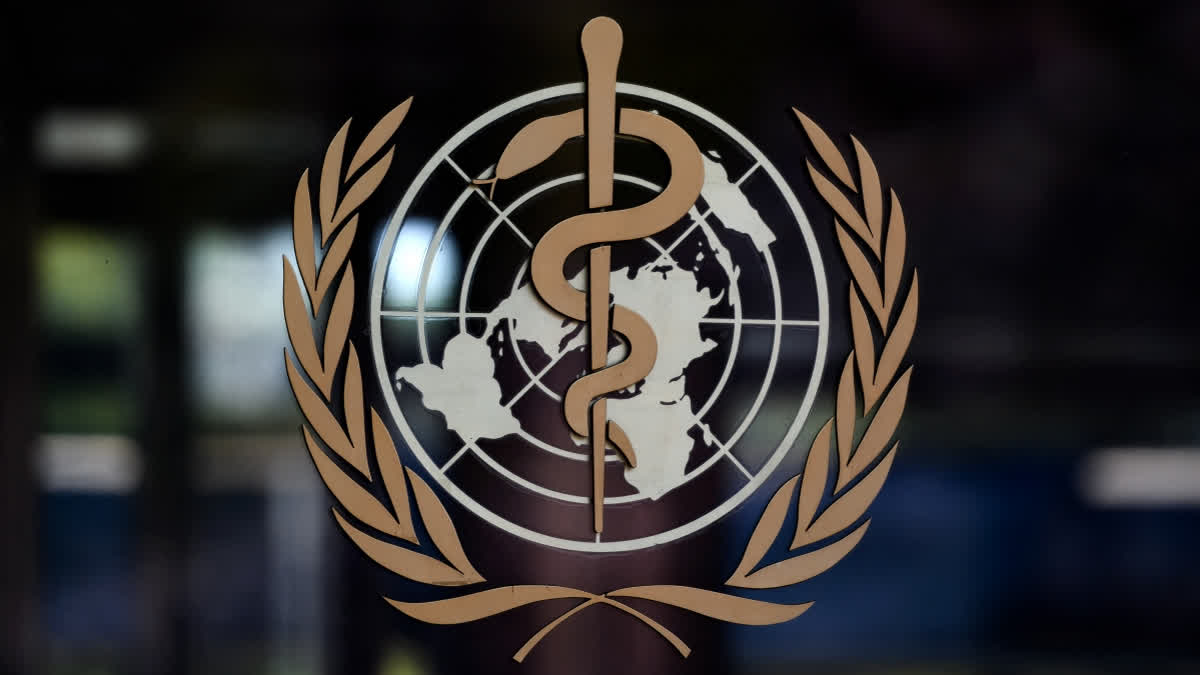New Delhi: The World Health Organization (WHO) and International Paralympic Committee (IPC) are joining forces to highlight the transformative impact of assistive technology on sports during the Paris 2024 Paralympic Games.
The "Equipped for equity" campaign emphasizes the crucial role of assistive technology for Paralympic athletes to advocate for concerted global action to improve access to these essential health products, the WHO said.
"Throughout the Games, WHO and IPC will leverage the Paralympics platform to share messages and information focused on the importance of assistive technology, how athletes use it, and why universal access is essential," the WHO in a statement.
Examples of assistive technology used by Paralympians include: running blades, wheelchairs, and release braces in archery.
The "Equipped for equity" campaign will also feature personal stories from athletes who rely on assistive technology for sport and in daily life and highlight national successes in advancing access to these critical health products.
"The Paralympics show us what is possible, and the important role that assistive technology plays for these extraordinary athletes," said Dr Tedros Adhanom Ghebreyesus, WHO Director-General.
"But around the world, many people still do not have access to crucial assistive technology, due to its high cost and low availability. We call on governments, donors, and civil society to prioritise these neglected but critical products, by integrating them in primary care programmes as part of their journey towards universal health coverage," the WHO said.
Andrew Parsons, President, IPC noted, "The Paralympic Games are one of the only global events that put persons with disabilities front and centre, and in many events highlight how assistive technology can support athletes to compete at the highest level. These technologies allow them to redefine what is possible in sports and inspire millions around the world."
WHO estimates that access to assistive technology remains severely limited in many parts of the world, with more than 2.5 billion people in need of assistive technology across the world.
"Only 5-35% of the 80 million people who need a wheelchair have access to one, depending on where they live, and only 10% of the global demand for hearing aids is currently met. Without access to assistive technology, persons with disabilities are denied the right to participate in all aspects of life, and are also more at risk of exclusion, isolation and poverty," the WHO said.
WHO is also supporting the IPC and the Government of France to ensure a healthy and safe environment for all athletes and spectators at the Paris 2024 Paralympics.
Joint public health advice, developed with the European Centre for Disease Prevention and Control, has been provided to support travellers attending the Games, WHO said.



